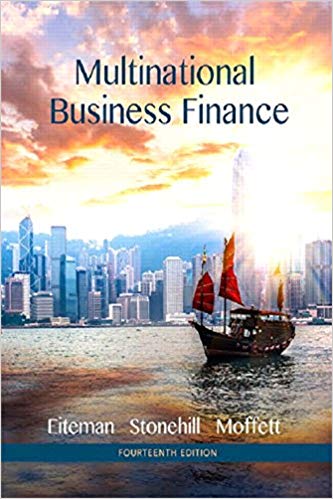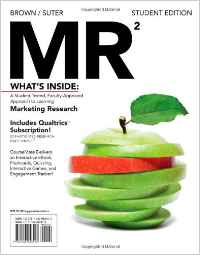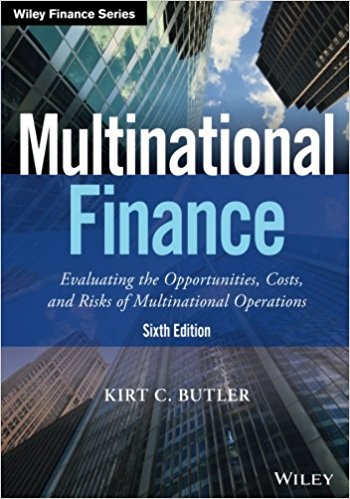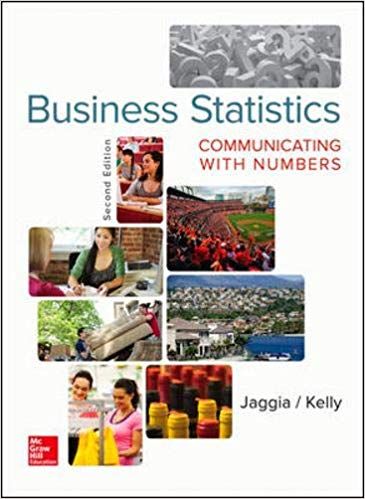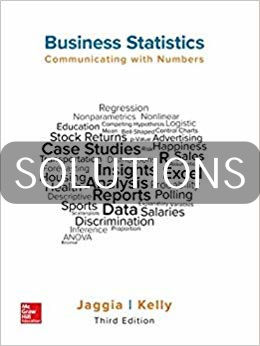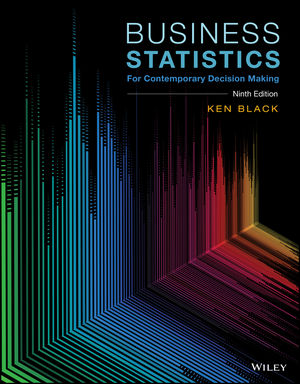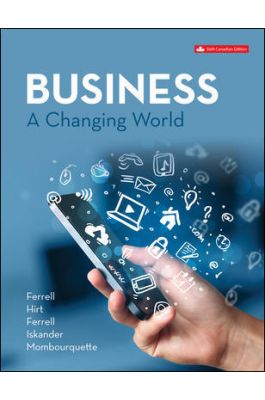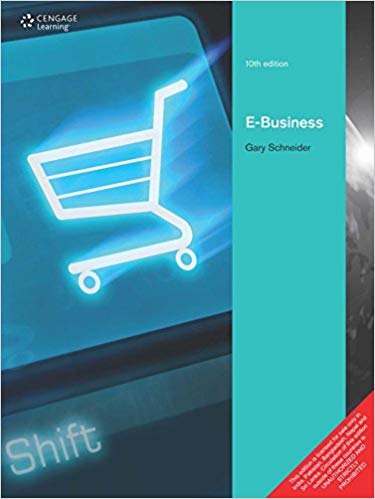Multinational Business Finance 14th Edition By David K. Eiteman – Test Bank
James: Nursing Care of Children: Principles and Practice, 3rd Edition
Do you need test banks fast? eTestBank.net is the best test bank website for you! Download your test bank right after you pay. No waiting!
Why eTestBank.net is Great:
✅ Instant Download:
Get your test bank right away after payment.
✅ Unlimited Downloads:
Download your test bank anytime and as many times as you want.
✅ 24/7 Live Help:
We are here to help you all day, every day.
✅ Guaranteed Delivery:
If you don’t get the download right away, we will send it to you in 3 to 6 hours.
How to Get Your Test Bank:
- Pick Your Test Bank: Choose from many test banks.
- Pay Safely: Pay securely on eTestBank.net.
- Download Instantly: Get your test bank immediately after payment.
- Download Anytime: Unlimited downloads whenever you need them.
Need Help? Contact Us:
📧 Email: [Support@etestbank.net]
📱 WhatsApp: [https://wa.me/message/MC222DLQ4GDXL1r]
Didn’t Get Your Download?
Don’t worry! If you don’t get the file right away, we’ll send it to you in 3 to 6 hours. Need it sooner? Contact us by email or WhatsApp.
💡 Buy now from eTestBank.net for instant downloads, unlimited access, and 24/7 support—get your test bank today!
Multinational Business Finance, 14e (Eiteman)
Chapter 4 Financial Goals and Corporate Governance
4.1 Who Owns the Business?
1) Foreign stock markets are frequently characterized by controlling shareholders for individual publicly traded firms. Which of the following is NOT identified by the authors as typical controlling shareholders?
A) the government (for example, privatized utilities)
B) institutions (such as banks in Germany)
C) family (such as in France)
D) All of the above were identified by the authors as controlling shareholders.
Answer: D
Diff: 1
L.O.: 4.1 Who Owns the Business?
Skill: Recognition
AACSB: Application of knowledge
2) Which of the following is NOT typically associated with the public ownership of business organizations?
A) the state
B) the government
C) families
D) civil society
Answer: C
Diff: 1
L.O.: 4.1 Who Owns the Business?
Skill: Recognition
AACSB: Application of knowledge
3) Which of the following is NOT typically associated with the private ownership of business organizations?
A) the government
B) families
C) individuals
D) publicly traded, widely-held organizations
Answer: A
Diff: 1
L.O.: 4.1 Who Owns the Business?
Skill: Recognition
AACSB: Application of knowledge
4) State Owned Enterprises (SOEs):
A) are a form of public ownership.
B) are created for commercial activities rather than civil or social activities.
C) are the dominant form of business organization in some countries.
D) are all of the above.
Answer: D
Diff: 1
L.O.: 4.1 Who Owns the Business?
Skill: Recognition
AACSB: Application of knowledge
5) The problems that may arise due to the separation of ownership and management in large business organizations are known as:
A) separation anxiety.
B) the agency problem.
C) corporate disconnect theory.
D) none of the above
Answer: B
Diff: 1
L.O.: 4.1 Who Owns the Business?
Skill: Recognition
AACSB: Application of knowledge

